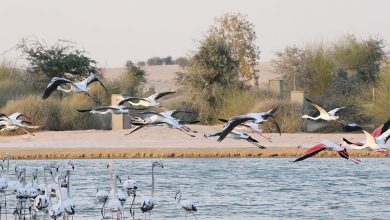Avocado Causes Stir in Moroccan Parliament… What’s the Reason?

The cultivation of avocados has raised significant concerns in Morocco, to the point where it has become a topic of discussion in the parliament. Members of various political parties have called on the Minister of Agriculture, Mohamed Sadiki, to take urgent measures to preserve water resources that are being drained by certain export-oriented agricultural activities.
Parliamentarian Fatima Tamanai, from the Left Federation Party, wrote a letter to the Minister of Agriculture stating: “At a time when Morocco is facing a looming water crisis, causing many citizens to migrate from their villages and areas of residence in search of life-sustaining resources, reports have emerged indicating that Morocco exported 45,000 tons of avocados to European countries.”
She continued: “Everyone is aware that avocados are among the fruits and vegetables that consume the most water. Scientific reports confirm that every kilogram of this fruit drains more than a thousand liters of water. Consequently, the export of forty-five thousand tons of avocados resulted in the consumption of over forty billion liters of water, which could have been used for the livelihood needs of Moroccans.”
Sufficiency before Export
In the same context, Fatima Tamanai emphasized that “agriculture consumes over 80 percent of Morocco’s groundwater. This is happening while we are still far from achieving self-sufficiency, which has become particularly evident in recent months as the prices of several essential food items have risen.”
The parliamentarian continued, saying: “This raises the question about governance in the agricultural sector and the reasons behind Morocco’s cultivation of crops known for their high water consumption, such as avocados and watermelons, despite them not being a priority for Moroccan consumers.”
She highlighted that “Morocco ranks ninth globally in the export of this fruit. Meanwhile, environmental movements and civil activities have warned against the depletion of water resources and have called for the cultivation of other vegetables and fruits that can be exported internationally while ensuring responsible water use and self-sufficiency.”












